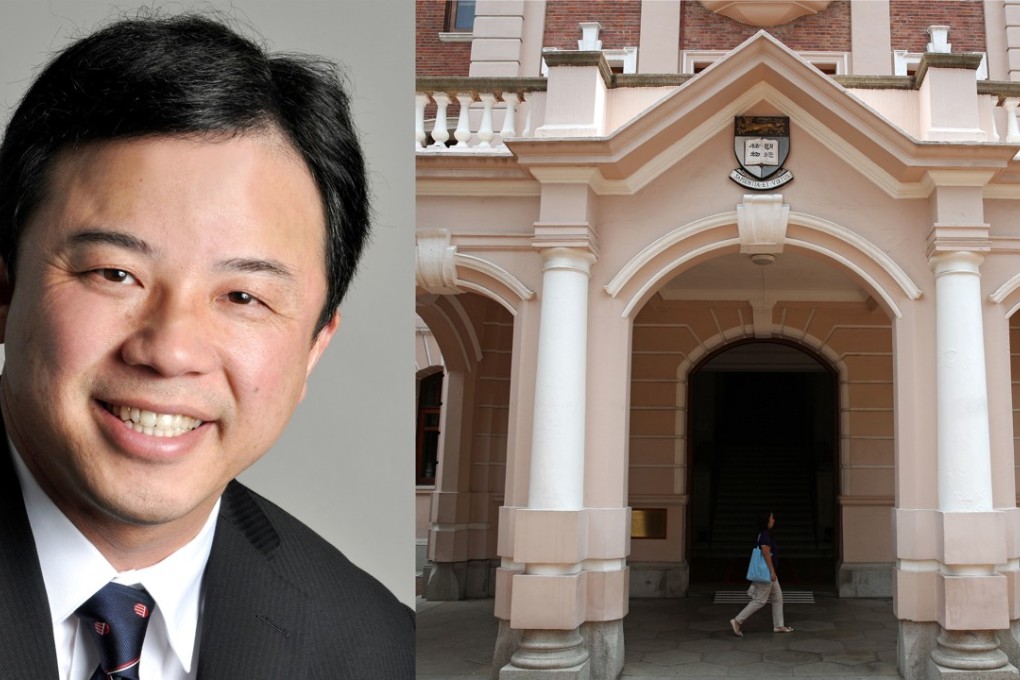Scholar tipped to lead HKU made his name turning science fiction into reality with ‘invisibility cloak’
Mainland-born US national based at Berkeley prides himself on close relationships with students

Professor Zhang Xiang is a man capable of turning science fiction into reality, having masterminded the creation of the world’s first “invisibility cloak”.
The Nanjing-born academic prides himself on fostering close relationships with his students, according to an interview given by his employer, the University of California, Berkeley.

“I like [students] to challenge me and to debate with me … when they graduate they have equal capabilities and equal critical thinking and that is actually my biggest satisfaction,” he said.
Zhang works as a professor of mechanical engineering at the university and heads a research lab specialising in nanoscience technology.